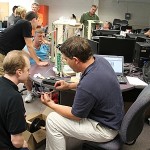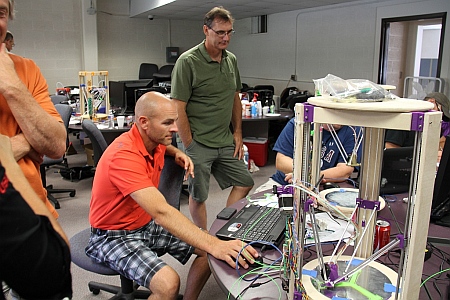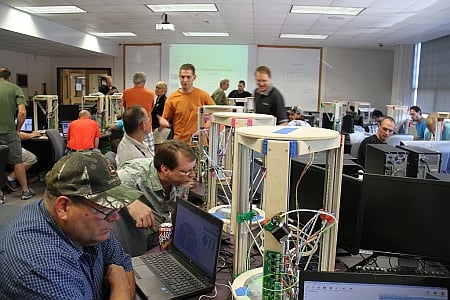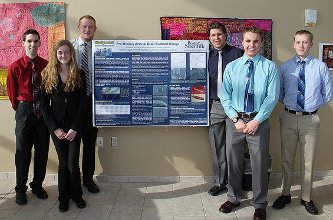Science Just Got Cheaper (and Faster): Design Library Lets Researchers Print their Own Syringe Pumps
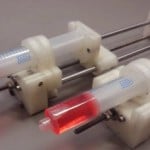 Furnishing a research lab can be pretty expensive. Now a team led by an engineer at Michigan Technological University has published an open-source library of designs that will let scientists slash the cost of one commonly used piece of equipment: the syringe pump. Syringe pumps are used to dispatch precise amounts of liquid, as for drug delivery or mixing chemicals in a reaction. They can also cost hundreds or even thousands of dollars.
Furnishing a research lab can be pretty expensive. Now a team led by an engineer at Michigan Technological University has published an open-source library of designs that will let scientists slash the cost of one commonly used piece of equipment: the syringe pump. Syringe pumps are used to dispatch precise amounts of liquid, as for drug delivery or mixing chemicals in a reaction. They can also cost hundreds or even thousands of dollars.
MORE
